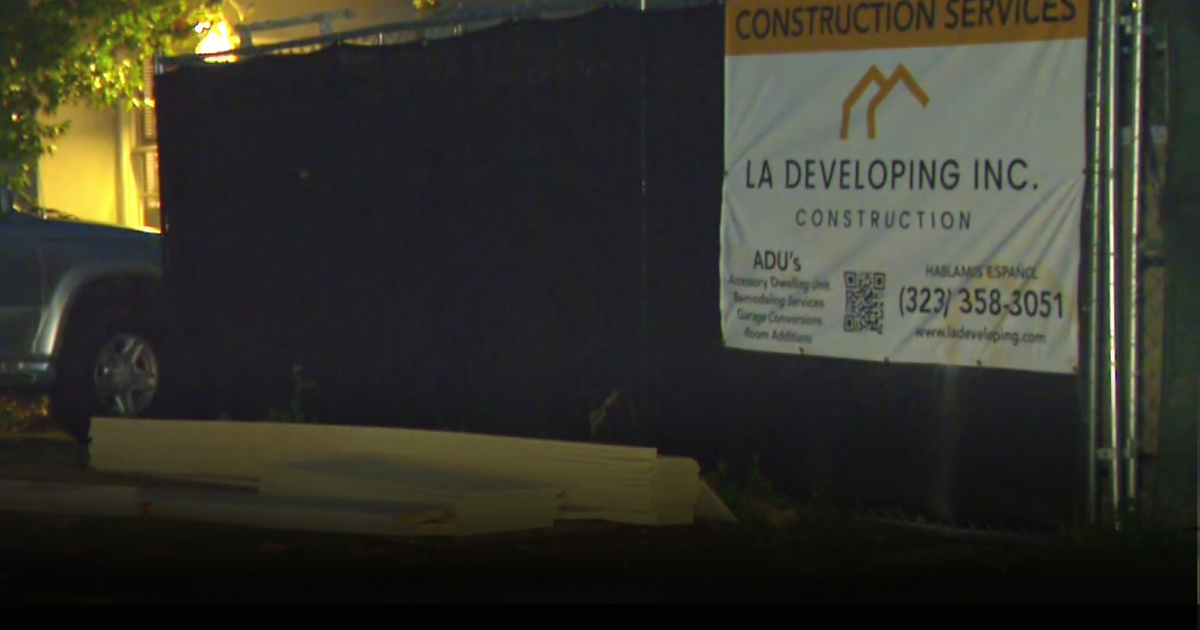Is a reverse mortgage or home equity loan better for seniors? Experts weigh in
Record-high inflation in the post-pandemic era has been challenging for many Americans, but retirees often face added struggles as prices rise since many are on a fixed income. That's why it comes as no surprise that 59% of retirees expressed concerns about their financial security, according to a survey conducted by MedicareFAQ.
The good news is that many seniors have a significant source of funds to draw from in their home equity. In fact, for seniors 65 and over, the median value of their home equity is $250,000. That's a 47% increase in the value of equity since before the pandemic.
Older Americans who need extra funds can tap this equity to help make ends meet, and they have different ways to do it including a home equity loan and a reverse mortgage. There are important differences between home equity loans vs. reverse mortgages, though, so retirees must do more than just compare today's home equity interest rates to decide which is best.
This guide will help you understand when a reverse mortgage makes sense and when you should opt for a home equity loan instead.
Find out more about your reverse mortgage loan options here.
When a reverse mortgage is better for seniors
Reverse mortgages use your home as collateral, just as traditional mortgage loans do — but they work very differently. That's because you don't send in monthly payments with a reverse mortgage. Instead, your lender sends money to you and your loan balance grows each month. When you pass away or move, the reverse mortgage must be paid back.
"A reverse mortgage is intended for borrowers over age 62 that are not able to afford their monthly payments using their current retirement income and need additional income to help with their responsibilities," says Lisa Gaffikin, a home loan specialist at Churchill Mortgage.
Gaffikin says that if you have limited income, you may not qualify for a traditional home equity loan but a reverse mortgage could be an option. You'll get to stay in your home without adding to your monthly obligations, while also being able to supplement your current income.
You do need to have sufficient equity in your home though, and will need to follow requirements including continuing to maintain the property over time.
"Reverse mortgages are ideal for seniors who are house-rich but cash-poor," says Josh Lewis, a certified mortgage consultant and host of The Educated Homebuyer.
Lewis also addressed a common concern seniors have about reverse mortgages: the ability to leave property to loved ones when you pass away, which could be impacted by the fact the loan must be paid upon your death.
"There's a misconception that you won't have a home to leave to your heirs but that is not true," Lewis says. "You'll have a home, but the equity your heirs inherit will depend on how long you live and how your home appreciates over time. It's truly no different than inheriting a home with a traditional mortgage, except the loan balance will need to be paid off through a refinance or sale within six to 12 months of the homeowner's passing."
Learn about how a reverse mortgage loan could benefit you today.
When a home equity loan is better for seniors
Home equity loans work differently than reverse mortgages. You'll still need equity and must use your home as collateral, but you receive the borrowed funds upfront when you take out the loan and you must start making payments on the debt immediately.
"Home equity loans are ideal when you need a lump sum and can handle monthly payments," Lewis says. "With lower upfront costs and typically lower interest rates, they're perfect if you want to keep building equity and might sell or pass on your home soon. This option works well for those with a steady income who are looking to borrow for a specific purpose."
The key thing to remember, though, is that you must qualify by showing the lender you have enough money to afford the loan payments and you must be able to make those payments for the duration of the loan term. This isn't always easy when you need extra cash.
"A home equity loan might be a better option if the homeowner is not struggling to make current payments and only needs equity from the home to consolidate non-property debts or to lower monthly expenses for liabilities with higher interest rates," Gaffikin says. "If the borrower is comfortable with their housing expenses and can make the current housing-related payments and the new home equity loan payment, a home equity loan might very well be the best choice."
Gaffikin recommends looking at your full financial picture and considering the long-term implications of your decision when deciding which is right for you.
The bottom line
Ultimately, if you want to access equity with no monthly payments and are OK with leaving less equity to your heirs, a reverse mortgage is likely the better option and you should shop carefully to find the best reverse mortgage companies to minimize interest and fees. If you'd rather pay back your loan during your lifetime and can afford it, a HELOC is the better choice.






